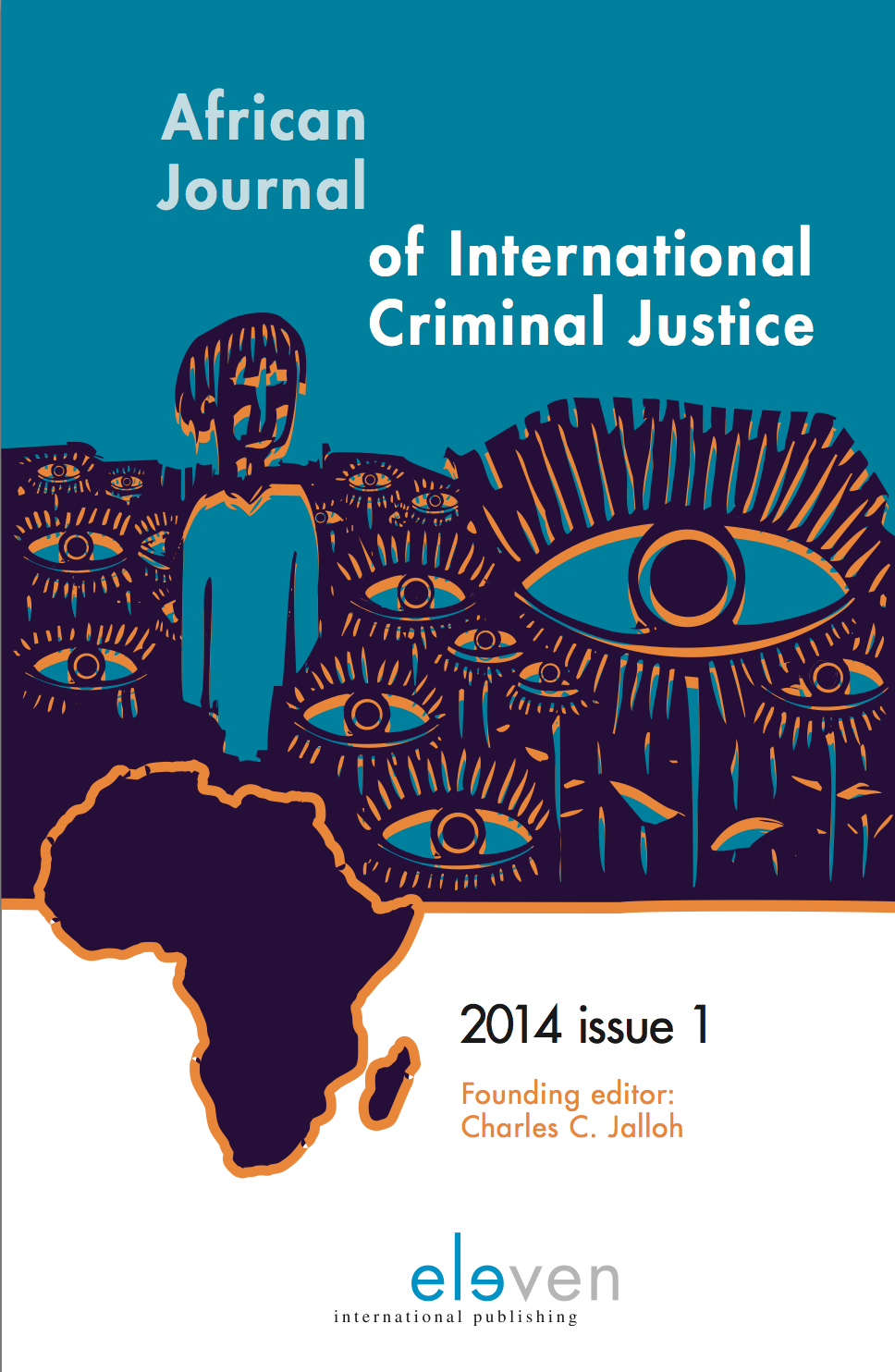|
Nine independent experts were appointed to commence an independent review into troubling reports of inefficiency and internal problems at the International Criminal Court in 2020. Though comprehensive, the review was focused on institutional matters concerning the day-to-day functioning of the Court, but did not address broader geopolitical issues such as the ICC’s role in the international landscape, complementarity, the role of the United Nations Security Council (UNSC) and the interplay of peace and justice which were of great significance to African states. Despite the key role played by African states in establishing the ICC, the relationship between the Court and its largest regional bloc began to sour after judges issued warrants against African heads of states and the Prosecutor appeared to disproportionately focus on indicting African defendants. Years before the review was conceptualised, some African States had proposed important reforms to the ICC Statute, among which was a review of the role of the UNSC vis-à-vis the ICC and for regional mechanisms to be recognised by the Court’s complementarity regime. The IER was an opportune moment for these and other African concerns to be addressed but turned out to be a missed opportunity. This article assesses whether the concerns of African states were in fact ignored or dismissed by the IER process at the ICC, or whether the separation of the review process into ‘technical’ and ‘non-technical’ categories for review by the independent experts and working groups of the Assembly of States Parties (ASP) caused critical issues to be sidelined. The article also questions whether African states engaged enough with the review process or whether priorities shifted once the cases against the heads of states collapsed. |


African Journal of International Criminal Justice
About this journalSubscribe to the email alerts for this journal here to receive notifications when a new issue is at your disposal.
| Article |
|
| Keywords | independent expert review, African Union, complementarity, cooperation, United Nations Security Council, prosecutorial discretion, case selection, International Criminal Court, Review Mechanism, Africa-ICC, Assembly of States Parties |
| Authors | Lorraine Smith-van Lin |
| AbstractAuthor's information |
| Article |
|
| Keywords | International Criminal Court, ICC reform process, Independent expert review process, Africa and the International Criminal Court, Article 53 of the Rome Statute, African concerns about ICC |
| Authors | Charles C. Jalloh |
| AbstractAuthor's information |
|
The relationship between African States with the permanent International Criminal Court (ICC) is critical to the continued success of the ICC and the development of international criminal law. One of the main criticisms of the ICC by some African States has centred on the question of how best to sequence peace with justice, or justice with peace, in situations of ongoing conflict such as in Uganda and Sudan. This article examines the history of the peace-justice clashes on the African continent in the context of the 2019 Assembly of States Parties mandated process of ICC reform, considering the ICC Office of the Prosecutor’s (OTP) Policy Paper on the Interests of Justice. Regrettably, despite the long-standing African State Party concern about the peace-justice interface, the September 2020 ICC independent expert report produced for the Assembly of States Parties missed the opportunity to expressly address this important issue. The author submits that, while the OTP appears to have embraced a more nuanced view of the interests of retributive justice and how they relate to the interests of sustainable peace, it may be timely for the formal ICC review process to consider how to bring further clarity to the resolution of this issue in the context of the ongoing ICC reform discussions. Formally giving the OTP some guidance on how to balance the interests of justice considerations after it begins a formal investigation into a situation should help limit some of the criticisms directed towards the ICC as it engages in the challenging task of dispensing justice for victims of atrocity crimes in Africa and other parts of the world. |

 Issue 2
Issue 2